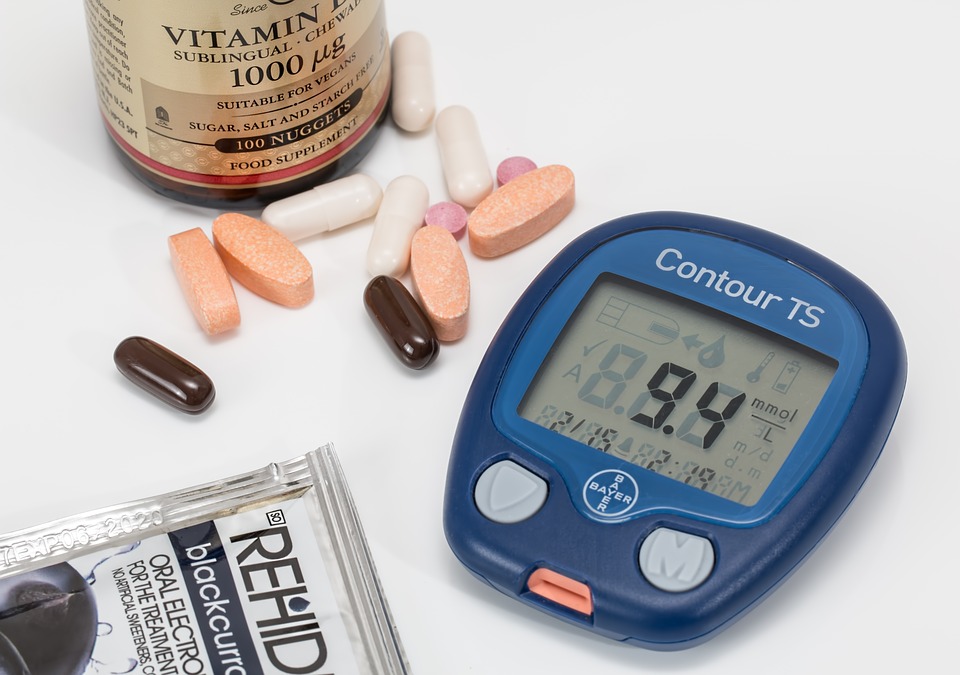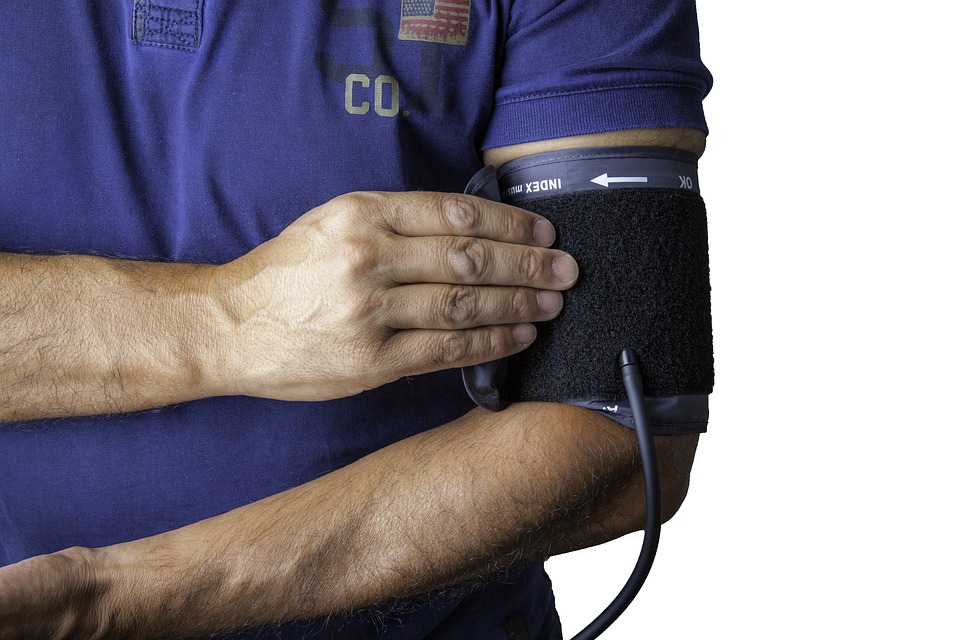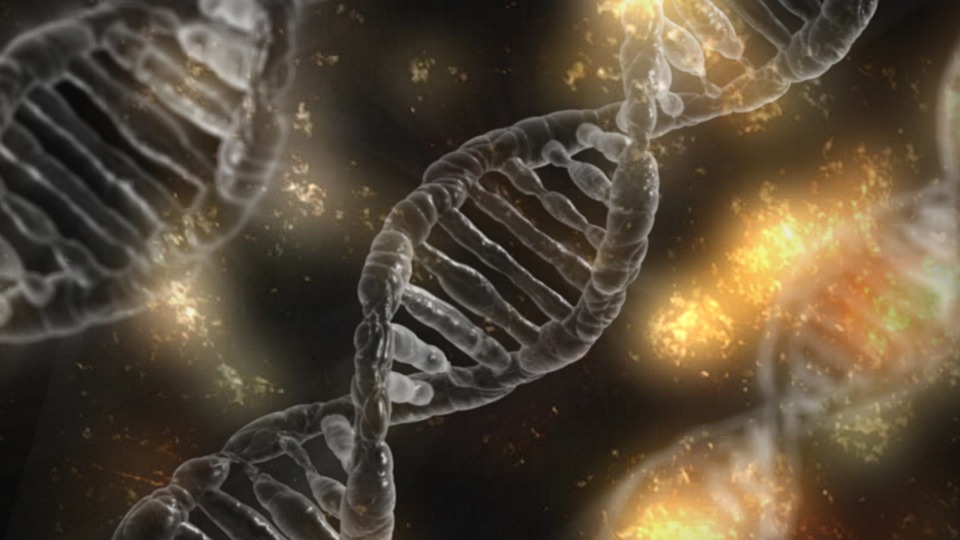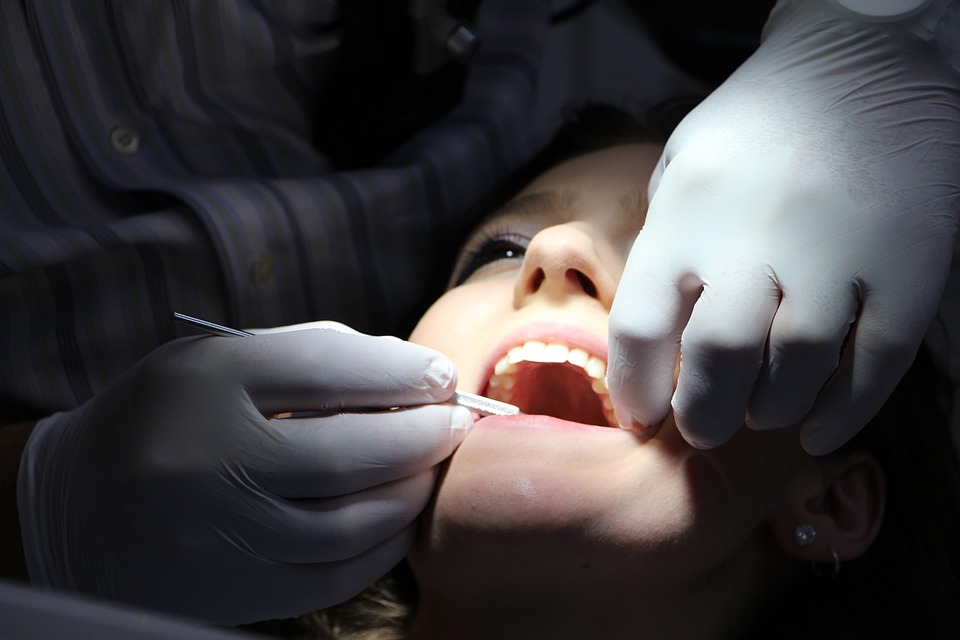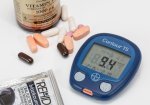Diabetes and High Blood Pressure, What You Need to Know
The relationship between diabetes and high blood pressure should be of special interest to just about everyone. If we can learn anything from what scientific evidence has shown us, our opinion is that the association between diabetes and hypertension should also be of great importance to ordinary folk and not researchers alone. This is necessitated by the fact that both diabetes and hypertension are so prevalent in just about any given population.

The link between diabetes and high blood pressure is so significant if you consider this. In 2009 the Canadian Journal of Cardiology (2009 May; 25(5): 299–302) shared that the bulk of people suffering from diabetes also have hypertension. In addition, 17% of people with blood pressure readings of 140/90 mm Hg or higher have been found to have diabetes.
In addition, in 2012, the journal Current Atherosclerosis Reports (2012 Apr; 14(2): 160–166) reported that in the United States people with high blood pressure faced 2.5 times more likelihood of developing type 2 diabetes mellitus compared to normotensive individuals.
Even so, researchers Bernard M. Y. Cheung and Chao Li whose article appears in the Current Atherosclerosis Reports say "in reality, diabetes and hypertension are found in the same individual more often than would occur by chance".
This indeed is a profound observation from the researchers. The prevalence of diabetes and hypertension occurring at the same time in the same individual has led to an altering of definitions of these diseases.
For example, doctors have a lower threshold of hypertension when it coexists with diabetes. A diabetic person with a systolic blood pressure reading of ≥130 mm Hg or diastolic blood pressure reading of ≥80 mm Hg is considered hypertensive.
These readings would normally be considered pre-high blood pressure in individuals without diabetes.
Of note is that elevated blood pressure is known to be a major risk factor for people suffering from diabetes. In 2001, the journal Hypertension (2001 Apr;37(4):1053-9) warned that "hypertensive persons are more predisposed to the development of diabetes than are normotensive persons".
Furthermore, to expose the extent of the issues unraveled by a combination of diabetes and high blood pressure in the same person, the journal stated that only 25% of cardiovascular disease (CVD) in people with diabetes is not associated with high blood pressure.
Other studies have shown that being hypertensive is strongly linked to failure of the kidneys and eye disease among individuals suffering from diabetes. We note that blindness is indeed a common complication associated with eye problems in diabetic people.
It is for this reason that when it comes to treatment, the goal has been, for sometime now, to aggressively pursue high blood pressure control in people with both diabetes and hypertension such that readings are less than 130/85 mm Hg.
Why Does Diabetes and High Blood Pressure Occur in the same Person?
This is a reasonable question to ask. Why is it that diabetes and high blood pressure are found in the same individual more frequently than would occur by chance?
Scientific inquiry has since provided some convincing answers to this question. It turns out these two health issues may actually have the same sources feeding one into another in a possible vicious circle.
The understanding among many researchers today is that diabetes and high blood pressure share a variety of common pathways as follows;
Genetics
Genetics has always been associated with quite a wide range of human health problems and benefits. Researchers have noted that diabetes and hypertension share common susceptibility genes.
It is no wonder that genome scans carried out, for example, on thousands of Hong Kong Chinese individuals have indicated that the genetic region associated with diabetes was also associated with hypertension.
In summary, the reason why diabetes and high blood pressure occur in the same people at once has to do with their genes. It so happens that genes are not really anything we could control, at least at this point in scientific capabilities.
Obesity
Obesity is a big issue. It is becoming a big issue everywhere and not only in the Western developed countries as used to be the case if you peruse through dated literature.
Writing in 2004 in the American Journal of Physiology (2004 May;286(5):R803-13) researchers would not hesitate considering the idea that obesity and hypertension are two epidemics that are possibly one. They identified obesity as a serious risk factor for both diabetes and high blood pressure.
True to their findings, a study published in 2009 in the journal Nutrition (2009 Nov-Dec;25(11-12):1143-9)) concluded that people with "obesity have a significantly higher risk of hypertension and type 2 diabetes". The study was conducted in Youyi Community in Shanghai, China, and involved over 5000 men and women of age 40 and higher.
Inflammation and Oxidative Stress
Inflammation and oxidative stress represent another pathway that is common to the development of both high blood pressure and diabetes in the same person. This is according to researchers writing in the April 2012 issue of the journal Current Atherosclerosis Reports (2012 Apr; 14(2): 160–166).
The researchers point out that chronic periodontitis which is essentially a dental health problem in the form of persistent inflammation of the periodontal tissues is a dormant factor in the development of hypertension, diabetes and other cardiovascular health issues.
It is no secret that millions of people have this oral health problem and therefore at risk of triggering both diabetes and hypertension.
Inflammation has been used by doctors as a predictor of high blood pressure and diabetes.
What it is exactly is that inflammation is a method used by the body to react to injury. It is known to occur in blood vessels which itself facilitates plaque buildup and narrowed vessels leading to hypertension.
Complex biochemical reactions associated with inflammation and oxidative stress have been linked to the development or pathogenesis of hypertension, diabetes and other problematic diseases.
Mental Stress
Apparently, mental stress is a potential issue that increases the risk of diabetes and hypertension occurring in a person. We have already shown in some good detail here the link between stress and cardiovascular disease and also here the link between stress and high blood pressure.
Researchers say chronic stress has an effect on the stimulation of the sympathetic nervous system (SNS) which increases pulse rate and the output of the heart. Increased pulse rate and heart output also known as cardiac output elevates blood pressure.
As for diabetes, it is thought that stimulation of the SNS has a role to play in the development of impaired glucose. Impaired glucose tolerance increases the risk of developing not only diabetes but also cardiovascular disease. This idea is communicated well by Diabetes.co.uk here.
Over and above the effect of stress on SNS, stress has also been associated with obesity (through poor diet, for example) which we have already shown to be a factor in the development of diabetes and high blood pressure. What this points to is a reinforcing vicious cycle of stress, obesity, diabetes and hypertension.
Physical Activity
Very few people who have spent sometime reading about keeping fit and healthy are yet to understand that physical activity or its lack thereof is essential to the development, prevention and treatment of a variety of health problems.
High blood pressure and diabetes are a common co-existence in people simply because an overwhelming number of people are not as active as they should be. Physical activity reduces the risk of developing diabetes and high blood pressure; this is widely known in the medical community.
Researchers, writing in the journal Acta Medica Scandanavica (1986;219(1):37-46) as far back as 1986 identified that physical activity obviously induced weight loss but also caused changes in glucose tolerance in addition to other necessary factors. Glucose intolerance is associated with a person's diabetic status.
Diabetes and High Blood Pressure Treatment
If this is what can be known about the root cause of diabetes and high blood pressure, there is also a natural need to know how to attack the two treatment wise.
Researchers and doctors are not under any illusion concerning the dangerous association between high blood pressure and diabetes when occurring in the same person.
According to the Canadian Family Physician journal (2011 Sep; 57(9): 997–1002), "increased blood pressure is a leading risk factor for death and disability, particularly in people with diabetes".
Furthermore, the journal states that up to 80% of individuals with type 2 diabetes loose their lives due to cardiovascular complications. Even more intriguing is that as many as 75% of the complications are attributable to high blood pressure.
This background explains specific treatment approaches around diabetes and high blood pressure. Diabetes and hypertension treatment is focused on managing blood pressure. The target value for controlling blood pressure in diabetic patients is that of less than 130/80 mm Hg.
Reaching this target value is achieved using blood pressure medications often administered in combination. Pharmaceutical drugs are the most effective way of reducing death and disability in patients suffering from high blood pressure and diabetes, according to researchers.
In order to control blood pressure, studies show that pharmacological drugs must necessarily be intensified in BP and diabetes patients.
This is because they are effective in rapidly bringing blood pressure under control.
Exactly how many and which pharmacological drugs will be administered will really depend on individual hypertension and diabetes profiles.
What is clear is that drug combination in the treatment of diabetes and high blood pressure is carefully chosen.
For example, the journal Canadian Family Physician (2011 Sep; 57(9): 997–1002) states that combining high blood pressure drugs ACE Inhibitors and Angiotensin II receptor blockers (ARBs) produces side effects worse than ACE inhibitors administered by themselves.
Furthermore, in 2008, The New England Journal of Medicine (2008 Dec 4;359(23):2417-28) would put forward that ACE inhibitors together with Calcium Channel Blockers (CCB) instead of an ACE inhibitor plus a diuretic is ideal and effective in treating people with high blood pressure who are at high cardiovascular risk due to diabetes.
In the exact words of the researchers "benazepril-amlodipine combination was superior to the benazepril-hydrochlorothiazide combination in reducing cardiovascular events in patients with hypertension who were at high risk for such events".
Cardiovascular events refer to risk of heart attack, heart failure and stroke.
Where blood pressure is difficult to control, doctors recommend the use of diuretics in bringing high blood pressure under control. This of course assumes that the said diuretics do not have any contraindications or harm associated with use on a particular individual.
Over and above avoidance of complications, lowering blood pressure is an important cost saving step when treating diabetes and high blood pressure as this averts very costly medical complications that follows uncontrolled blood pressure. This is really from a money perspective.
What is clear from our findings in this article is that high blood pressure and diabetes present a self reinforcing combination which shares pathways. It also follows that the treatment of the two is very much related and particularly spearheaded by first bringing the high blood pressure part of the duo under control.
[Last Updated: 30 January 2018]
|
|
Alcohol and Blood Pressure |
|
Hypertension Home > Diabetes and Hypertension |
Causes of High Blood Pressure > Diabetes and Hypertension |
Disclaimer
Information contained on this website is not meant to replace your doctor's advice.
(c) All Rights Reserved. 2010-2018
